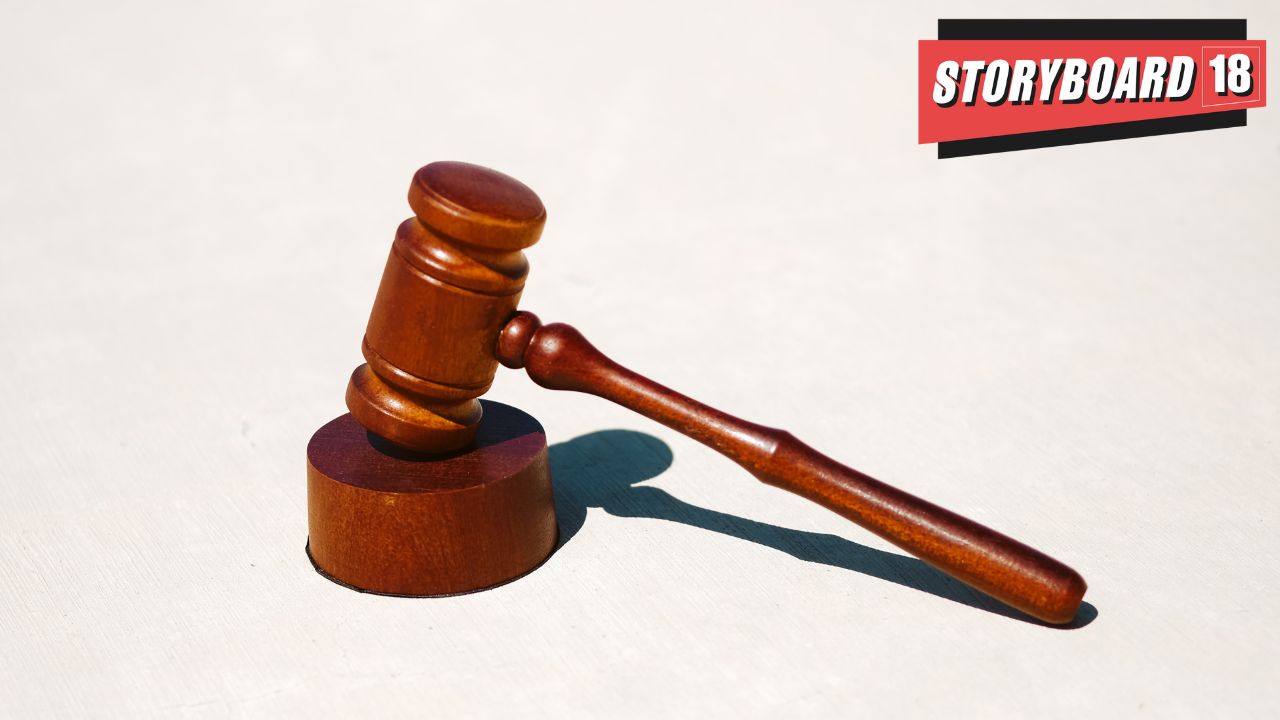The Competition Commission of India (CCI) provided relief to Subway, stating that charging royalty and advertising expenses does not amount to profiteering.
A report published by Live Law states that the CCI bench, consisting of Ravneet Kaur (Chairperson), Sangeeta Verma (Member), and Bhagwant Singh Bishnoi (Member), noted that the rates of GST for Royalty Services and Advertisement Charges remained unchanged since the implementation of GST. As there was no reduction in the tax rates for these services, the provisions of Section 171 of the CGST Act, 2017, which deal with anti-profiteering, were not applicable in this case.
Subway operates on a franchisee-franchisor agreement, providing its business model to various operators. The company collects royalty and advertising charges from its franchisees based on net sales declared by them for selling proprietary products of Subway. The rates of Royalty and Advertising Charges are mutually agreed upon with the franchisees, and Subway has no control over the individual products sold to customers.
The agreement between Subway and its franchisees does not indicate any fixing of prices, and Subway does not retain the Input Tax Credit (ITC). The franchisees are not restricted from offering discounts to their customers, ensuring compliance with Section 171 of the CGST Act, 2017.
The consideration for the sale of products is not received by Subway from its franchisees but is retained by the individual franchisees, accounted for as revenue in their books.
After reviewing the case, the Director General of Anti-Profiteering (DGAP) concluded that Subway does not influence the base pricing set by its franchisees. Subway earns royalties and advertising fees based on net sales, not the base price, leaving the franchisees in charge of setting prices.
Based on this information, the CCI held that the case does not fall under the anti-profiteering provisions of Section 171 of the CGST Act, 2017, as there has been no reduction in the tax rate for the services provided by Subway, nor is Subway supplying various products to customers.
